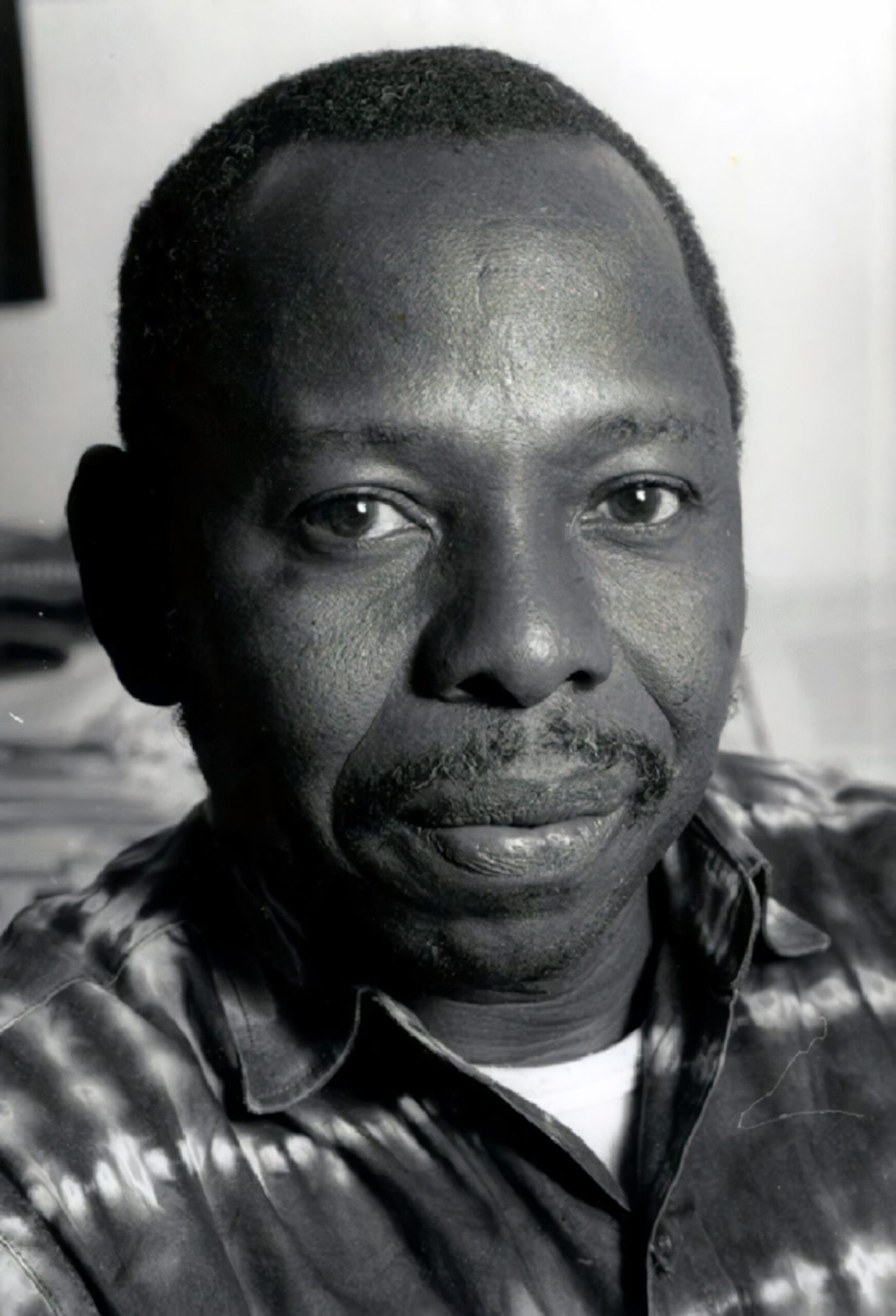Ken Saro-Wiwa, born on October 10, 1941, was a man of many parts. He was a minority rights and environmental activist. He was president of the Movement for the Survival of Ogoni People (MOSOP) from 1993 to 1995. He was an acclaimed writer with works of poetry, prose, drama and other genres. He was an astute businessman and a politician.



